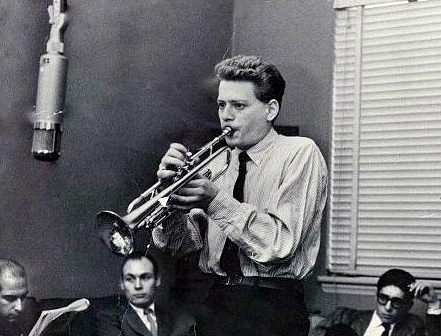Red Rodney’s return to bebop in the late 1970s was quite inspirational. He played better than he did during his time with Charlie Parker. When he was 15 years old, he began his professional career performing with Jerry Wald’s Orchestra. He went on to perform in many big bands including Elliot Lawrence and Georgie Auld. After hearing Dizzy Gillespie’s and Charlie Parker’s music, he completely changed his style. He was one of the most prominent young bebop performers. Rodney was a strong contributor to Gene Krupa’s (1946), Claude Thornhill’s (1948-1949) and Woody Herman’s Second Herd (1948-1949). Rodney was an active member of the Charlie Parker Quintet from 1949 to 1951. He played brilliantly at Bird’s Carnegie Hall concert in 1949. Rodney was incarcerated for most of his 50s, after drug abuse ended their association. He quit heroin and spent a lot of time playing in Las Vegas. This was almost as detrimental to his jazz chops. Rodney took several years to recover his former form after he returned from New York in 1972. However, he hooked up with multi-instrumentalist Ira Sullivan in 1980 and the musical partnership benefited both of the veterans; Sullivan’s inquisitive style inspired Rodney to play post-bop music (rather than continually stick to bop) and sometimes their quintet (which also featured Garry Dial) sounded like the Ornette Coleman Quartet, amazingly. Rodney continued to lead his own quintet, which later featured Chris Potter, a talented young saxophonist. Red Rodney, who was sympathetically portrayed in Clint Eastwood’s Bird (during the course of which he performed his own solos), is proof that there are other avenues for veterans. Allmusic
